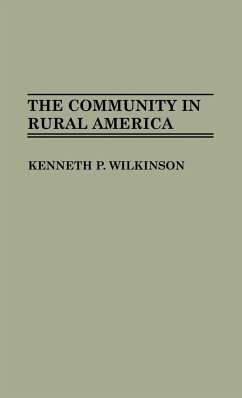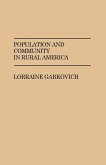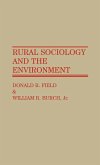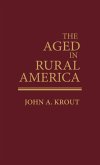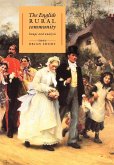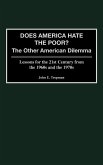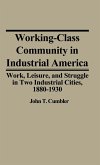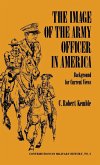Far from being the bucolic paradise that is often imagined, the rural areas of this country are afflicted with chronic economic hardship, severe forms of alienation, and the lack of a foundation for community development or for the enhancement of economic, social, and educational opportunities for rural people. In this study, Kenneth P. Wilkinson examines the critical state of rural life in America, its causes and possible cure. Following a critical review of research and theories on the subject, he proposes a new theoretical perspective that focuses on community interaction as a necessary basis for social well-being. Wilkinson first looks at what rural sociologists have had to say about the meaning and consequences of community as a form of social organization. He next analyzes the profound problems of community organization that affect rural locations, especially the deficits that block the formation of the infrastructure, networks, and facilities that are necessary to community development. Focusing on community interaction, he takes issue with the popularly held theory that grassroots action holds the key to rural problems. In a concluding discussion of policy issues and research challenges, he argues instead that outside intervention will be needed to remove rural barriers to community development before progress can occur on any significant scale. This study advances our understanding of both theoretical and practical issues in rural community development and suggests an agenda for both research and policy initiatives. The Community in Rural America will be relevant to the subjects of rural sociology, resource economics, community development, and rural planning.
Hinweis: Dieser Artikel kann nur an eine deutsche Lieferadresse ausgeliefert werden.
Hinweis: Dieser Artikel kann nur an eine deutsche Lieferadresse ausgeliefert werden.

